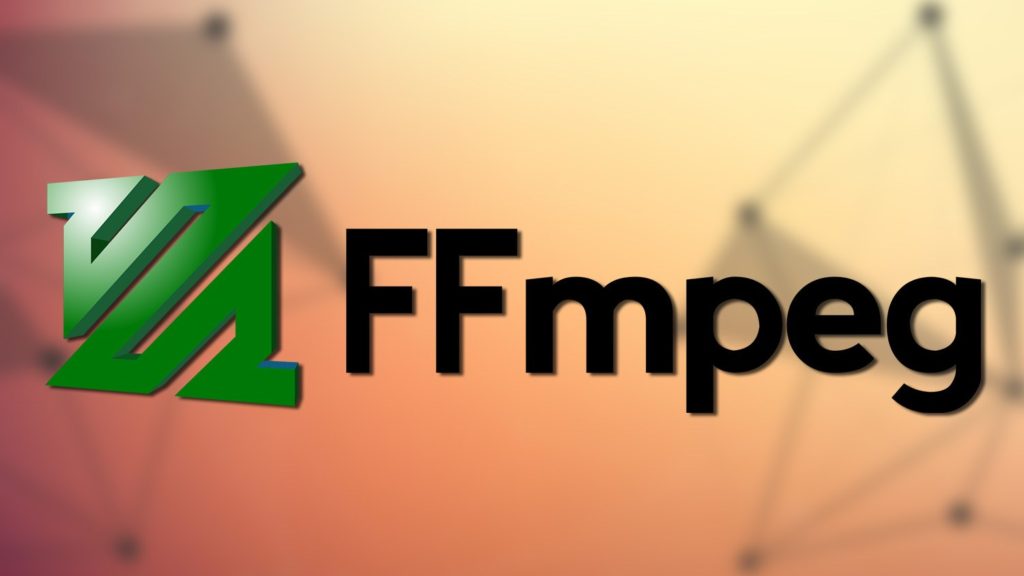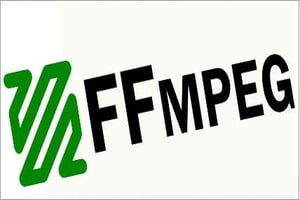

Then pass -enable-libaom to configure to enable it. If you would like to see ffmpeg-php pre-installed in PHP provided by Plesk, please vote for this feature on Plesk UserVoice. Go to and follow the instructions for installing the library. To start using php-ffmpeg add the below to the website code in a PHP page to load the library:ĬONFIG_TEXT: require 'vendor/autoload.php' įfmpeg-php extension is not pre-installed in Plesk. Note: the ffmpeg-php is installed in /var/ It will have the largest set of libraries with greater functionality. To start, head over to the official website and download the current stable build. All you have to do is tell APT to grab and install the program from the default Ubuntu software repo. Once added, you can access FFmpeg via Command Prompt or PowerShell from any folder or directory. Go to Domains > PHP Composer, click Scan to read the composer.json file:Ĭlick Install under Package Dependencies: Installing FFmpeg from Ubuntu Repo This is the default method for installing FFmpeg.

Go to Domains > PHP Settings and select 5.6.40, click OK Extracting a file information can be done using ffmpeg.

Note: The domain is the domain where ffmpeg-php is going to be used Go to Domains > File Manager and create a file named composer.json with the content below: Install Composer extension from Plesk extension catalog in Extensions: Unable to install ffmpeg-php for PHP 7.x provided by Plesk: too many arguments to function 'zend_hash_find'įollow the next steps to install ffmpeg-php extension for PHP 5.6 provided by Plesk on Plesk Obsidian CentOS 7 (PHP 5.6 is not included into Plesk on other operating systems):


 0 kommentar(er)
0 kommentar(er)
